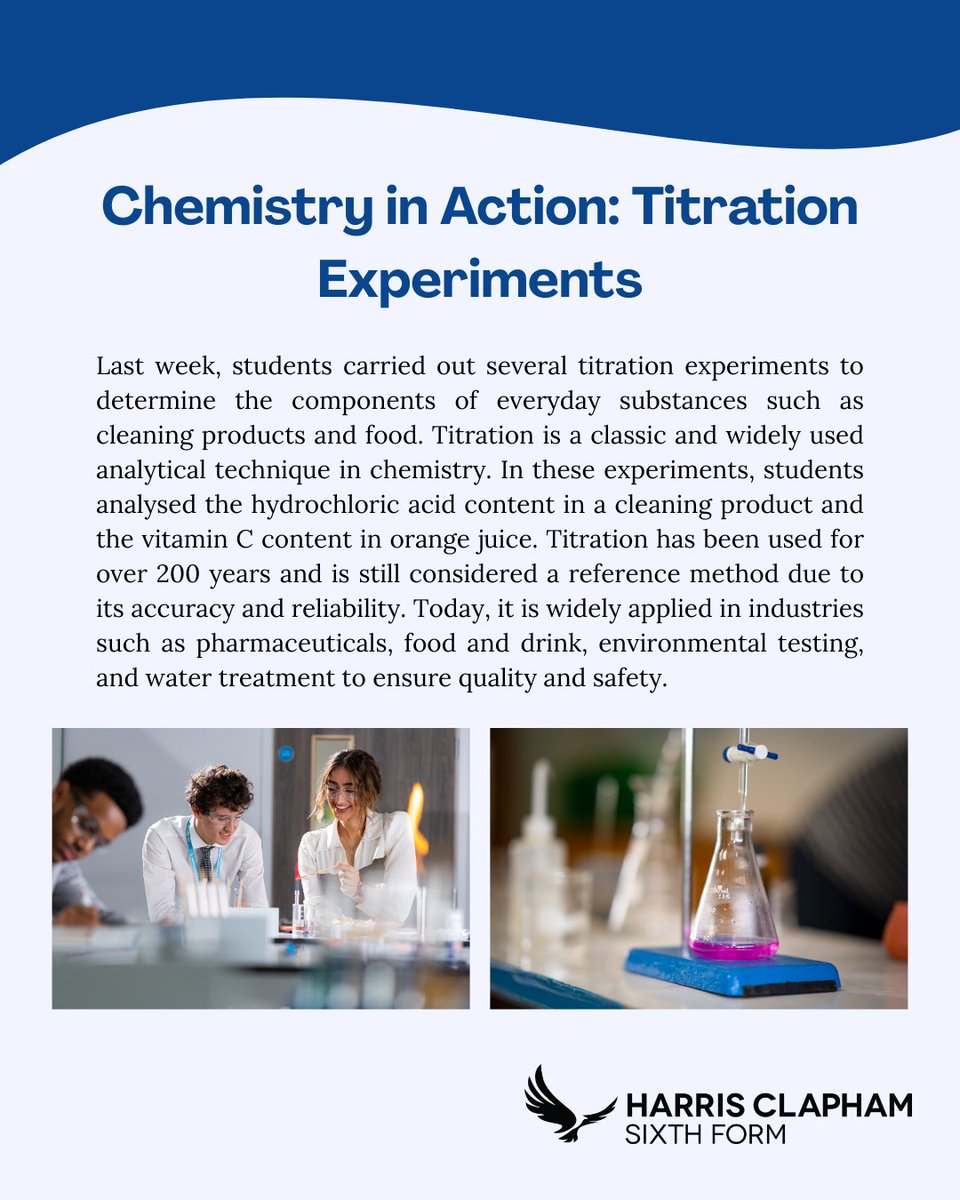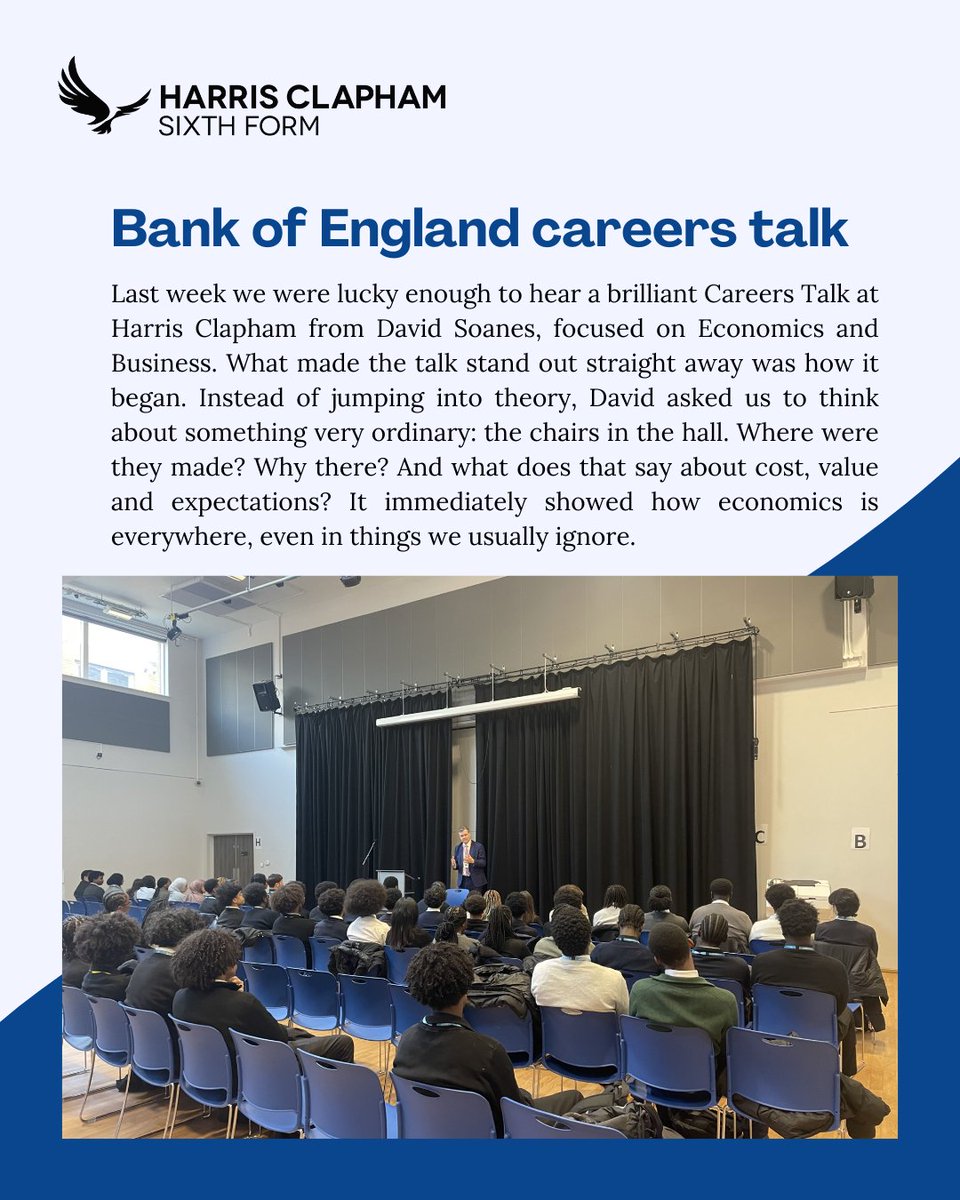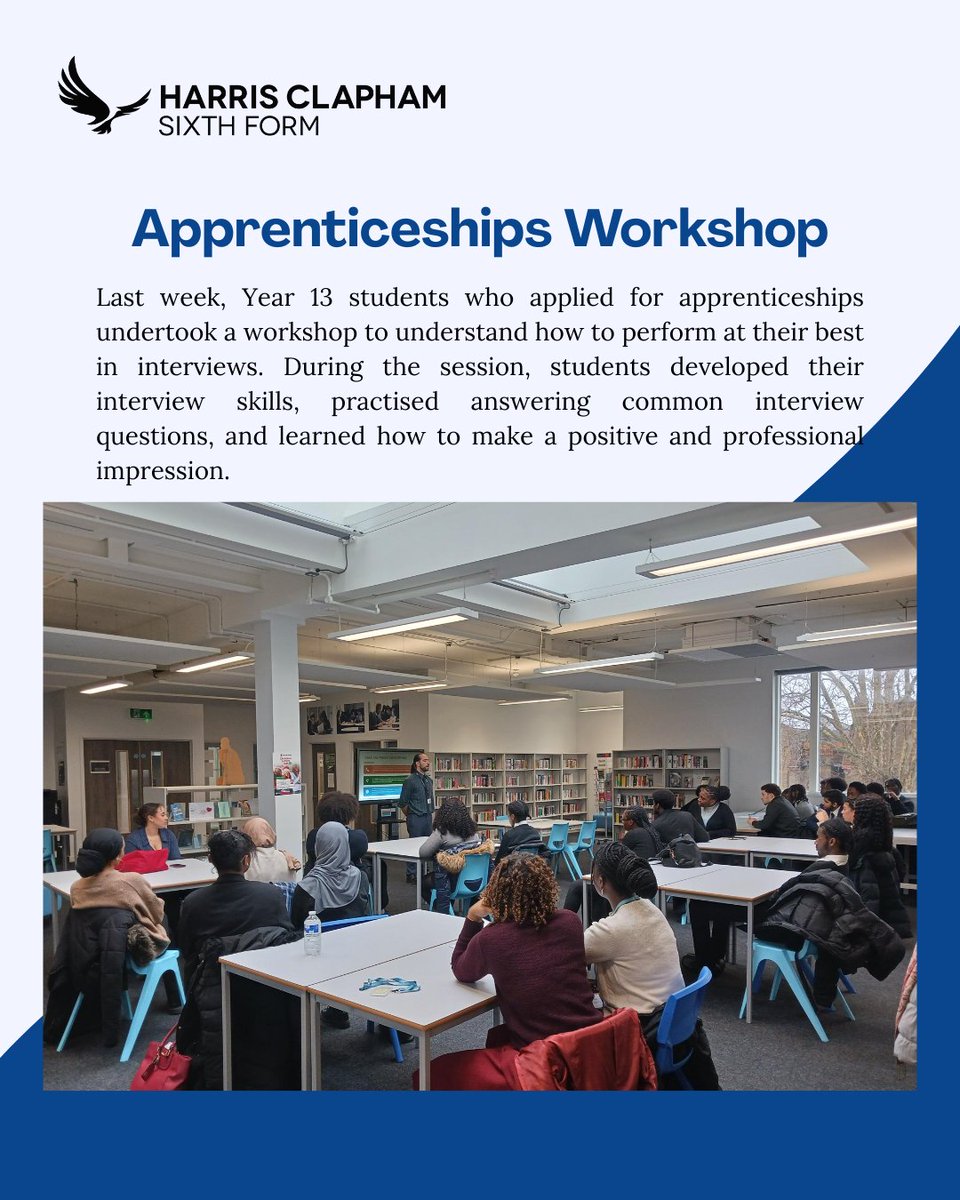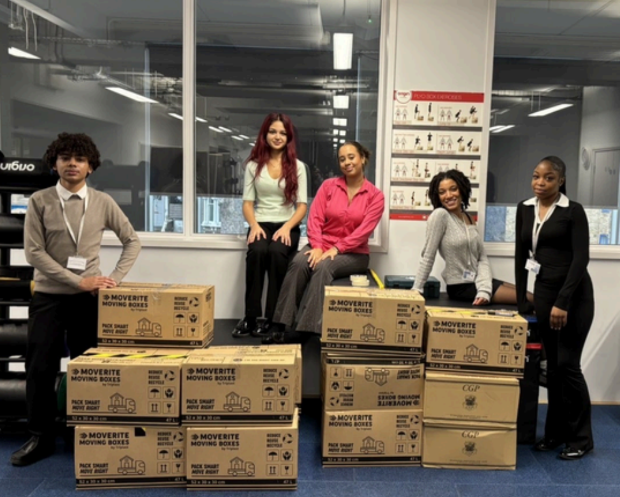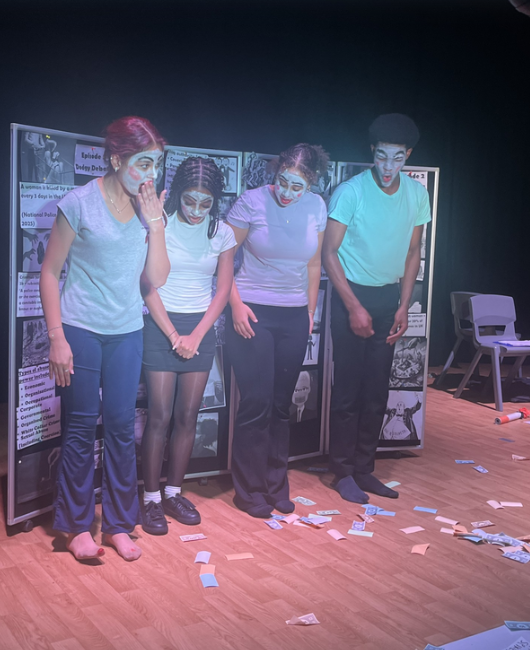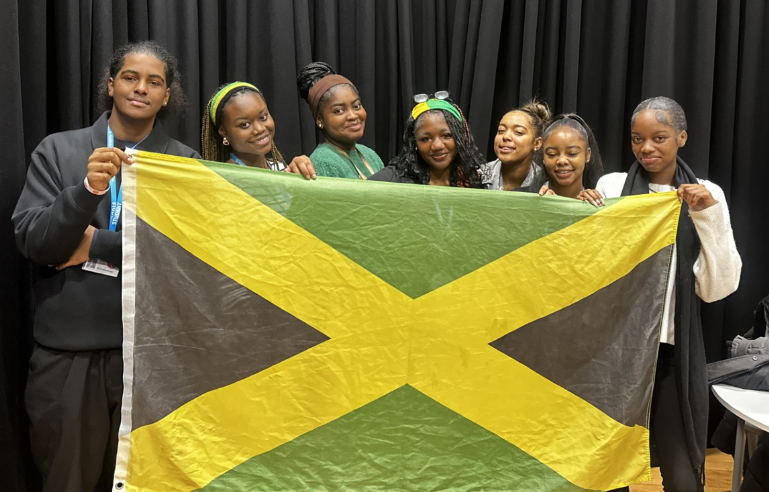
What We've Been Up To
Category / All Articles
-

-

Maths Lecture from Imperial College
Posted on: 27/01/2026 -

Apprentice Workshops
Posted on: 19/01/2026 -

Our End of Term Celebration Assembly
Posted on: 18/12/2025 -

Year 13 Students Hear from The Politics Project
Posted on: 16/12/2025 -

So Nice, We did it Twice: Twice the Effort, Twice the Support
Posted on: 24/11/2025 -

One Day Jamaica Relief Drive
Posted on: 21/11/2025 -

A Level Drama Performance
Posted on: 19/11/2025 -

Sixth Form Open Evening - Social Sciences
Posted on: 18/11/2025
